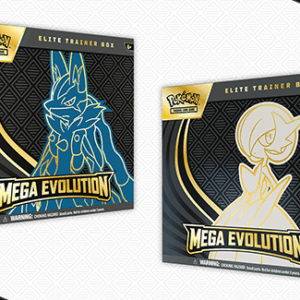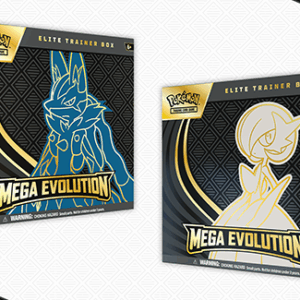Lloyd Howell, the newly appointed executive director of the NFL Players Association (NFLPA), faced a daunting challenge with his first major decision leading the organization. In a recent ruling, the NFLPA has been directed to pay a hefty sum of $7 million to trading card company Panini following a dispute over their terminated exclusive contract.
The root of the conflict stemmed from the NFLPA’s decision to end its partnership with Panini, citing a “change in control” clause triggered by the departure of key Panini employees to rival company Fanatics. However, Panini strongly contested this reasoning, asserting that the NFLPA’s move was a strategic shift to align with Fanatics rather than a legitimate grounds for contract termination. The arbitrators ultimately sided with Panini, emphasizing that the NFLPA’s actions had breached its legal obligations, moral duties to fans and collectors, and fiduciary responsibilities to its members.
David Boies, the attorney representing Panini, expressed satisfaction with the arbitration outcome, highlighting the implications of the NFLPA’s actions. The significant financial loss incurred by the NFLPA in this ruling was noted to extend beyond monetary damages, also affecting royalties and the trust of fans and collectors. Despite the setback, Panini underlined its commitment to the trading card community by maintaining supply continuity, safeguarding the interests of players and enthusiasts amidst the contractual turmoil.
While Fanatics was not directly involved in the arbitration process, Panini has taken legal action against them through a separate lawsuit, alleging antitrust violations and tortious interference. Responses from the NFLPA regarding the developments in the case have been notably absent, leaving pivotal questions unanswered in the aftermath of the arbitration ruling.
The repercussions of this dispute reverberate not only through the financial realm but also cast scrutiny on the NFLPA’s decision-making process, organizational priorities, and relationships within the trading card industry. The fallout from this contractual clash underscores the intricate dynamics at play in the sports memorabilia market and underscores the need for transparency, integrity, and accountability in such high-stakes agreements.






